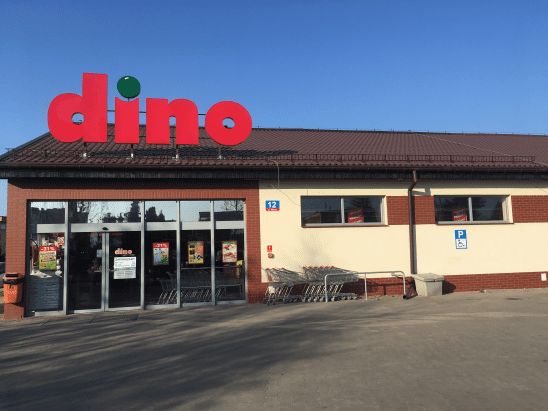Poland has the feel of an economy on the up and has, in fact, grown consistently for the past 26 years. The accumulation of wealth amongst the population has been reflected in the GDP per capita increase from the early 1990’s low of $5,500 to over $15,000 in 2016, a level that equates to almost two thirds of Western Europe.
Domestic politics has got increasingly murky in recent years, under the populist Law and Justice (“PiS”) Party, which, to say the least, is less pro-EU. Driving between shoe seller CCC’s HQ north of Wroclaw, and their shoe e-commerce sibling, eobuwie (“eshoes”), we criss-crossed a vast and sadly not yet complete motorway, one of many infrastructure projects financed by EU largesse. It would be a blow to the economy for this to disappear but, despite the growing tension, it is hard to see the EU abandoning the largest buffer against the growling bear to the East. In the meantime we will have to put up with the odd curve ball, like the recent ban on Sunday trading, and some further bad press.
Gdansk appears not to have fully shaken its heavy industry roots but the sparkling new Lech Walesa Airport is a good place to start your journey. Fashion retailer LPP is trying hard to attract talent to their northern home, but have also been forced into a Warsaw base to attract the best talent. Wroclaw in the South also boasts a bright new airport as well as one of the smartest and upmarket malls we have ever seen, the recently opened “Wroclavia”, suggesting an ever increasing wealthier class.
Returning, English speaking Poles abound and with unemployment a little over 4% the labour market is firm and companies often mention high single digit salary growth rates. eobuwie admitted that the package sorting in their logistics centre is largely done by Ukrainians because there are insufficient locals. In our view it is the burgeoning economy that is encouraging the return of Polish workers to their homeland, rather than Brexit.
We met LPP (fashion retail), Amrest (QSR and Casual Dining), CCC (Shoe retail and e-commerce) and finally local supermarket Dino Polska. Apart from Dino, these are all very much European exposed, and particularly well placed for neighbouring Eastern Europe, which has largely been following the same economic script as Poland. All seemed highly competent and generally satisfy our criteria for growth, returns and financial strength, and remain on our watch list.
Dino Polska has no such regional plans and has quite enough growth at home. They have a strong business proposition: highly local, neighbourhood stores which offer everything you want at a similar price to the discounters, plus your daily fresh meat. Management believe a typical Dino store requires a local population of only 3,000 people for their business model to succeed. This compares to 10,000 for larger format food retailers such as Biedronka.
This requires extremely strong logistical support as well as very tight cost control, with which most competitors are struggling to complete. The management team appear very capable and committed to rolling this out across the rest of Poland and filling the many gaps in their existing network. Their most intensely covered province has reached 6 stores per 100,000 inhabitants, with the national number at 2, and some regions still untouched.
Poland is still a relatively small economy in the scheme of things, but there is a larger and growing neighbourhood on its doorstep. It houses a number of well-run companies which are well placed to grow into the neighbourhood, and some which are finding success across Western Europe as well. As ever, it is all about finding the right companies, and Dino has started well.
